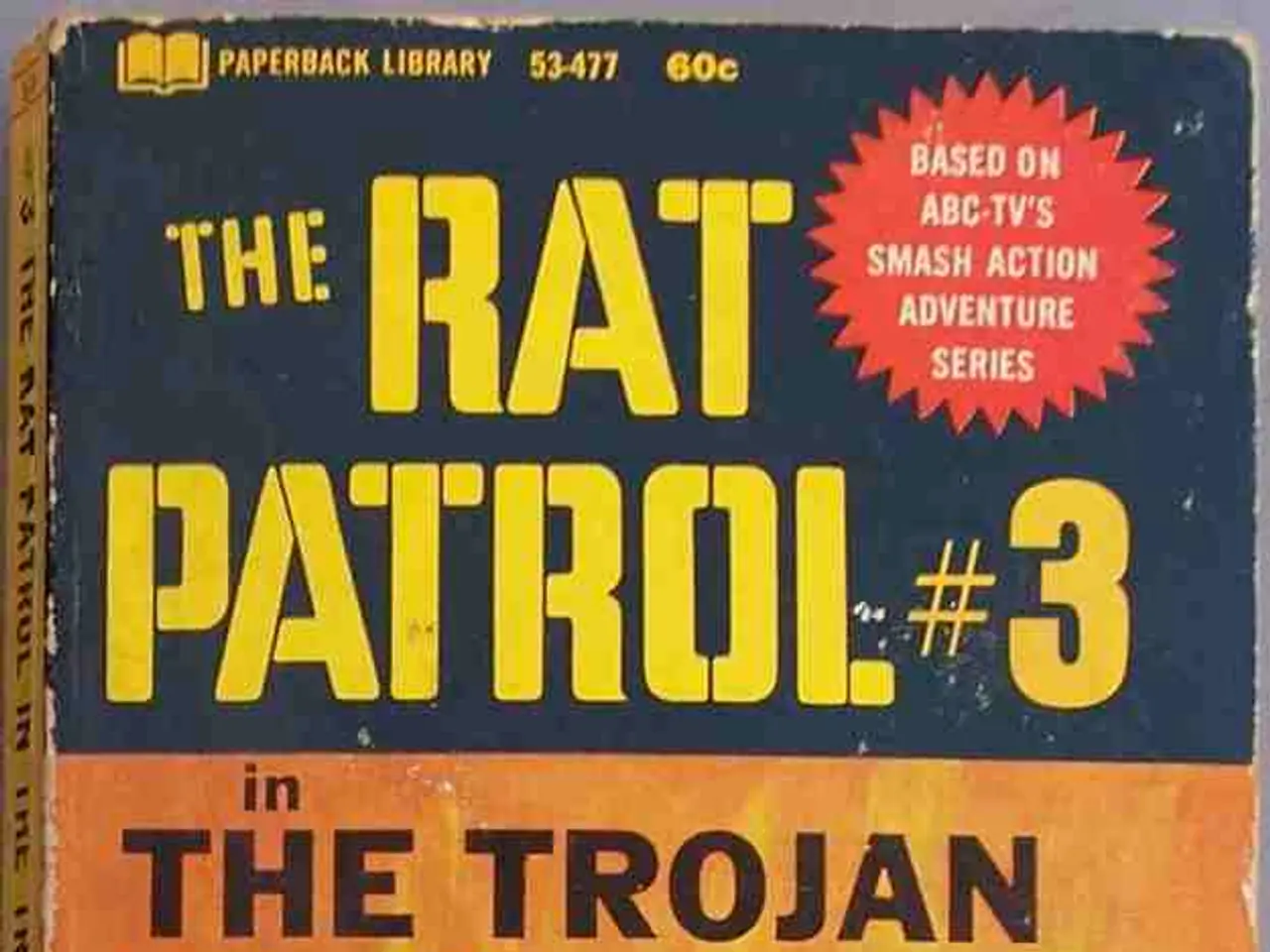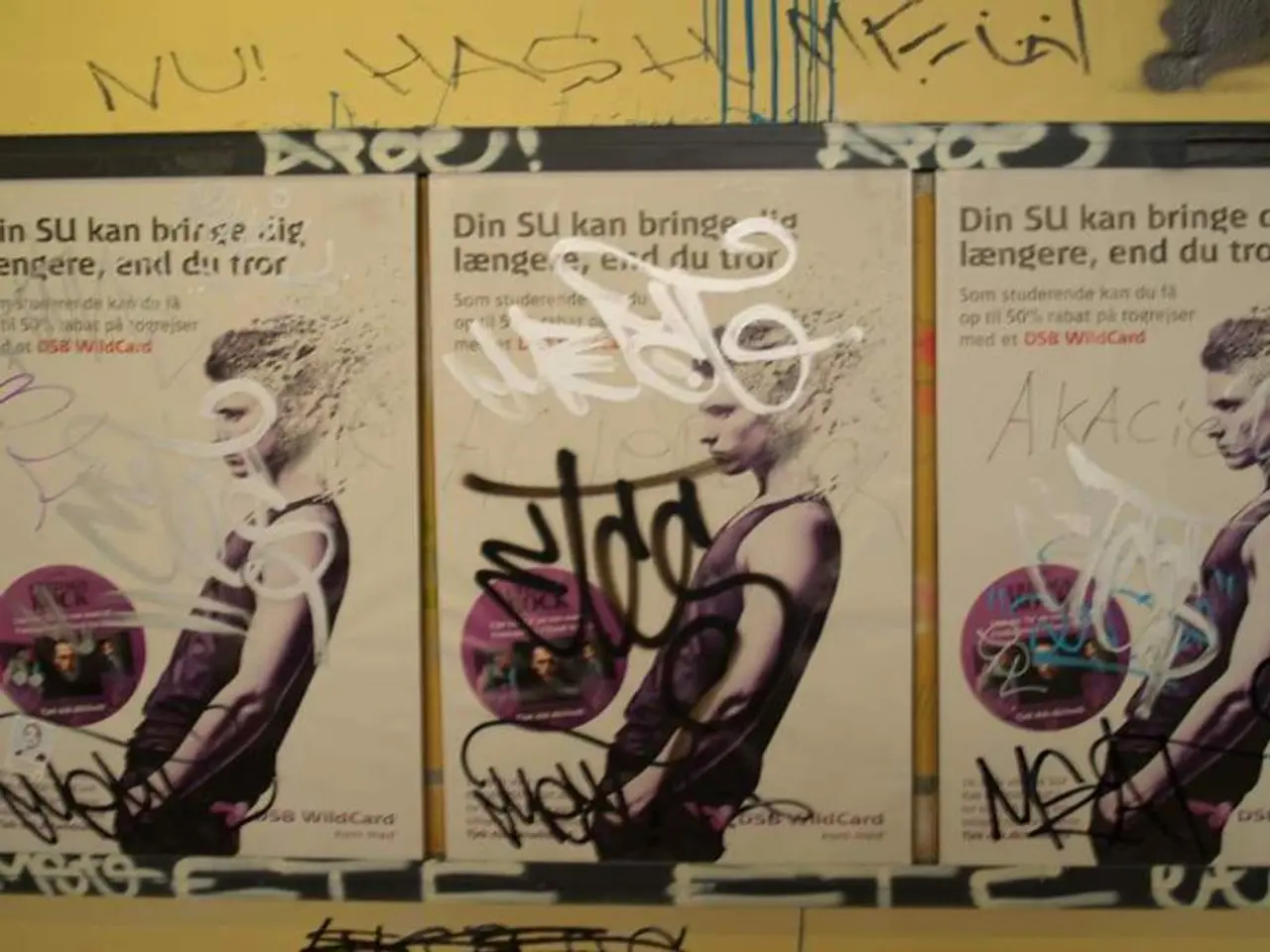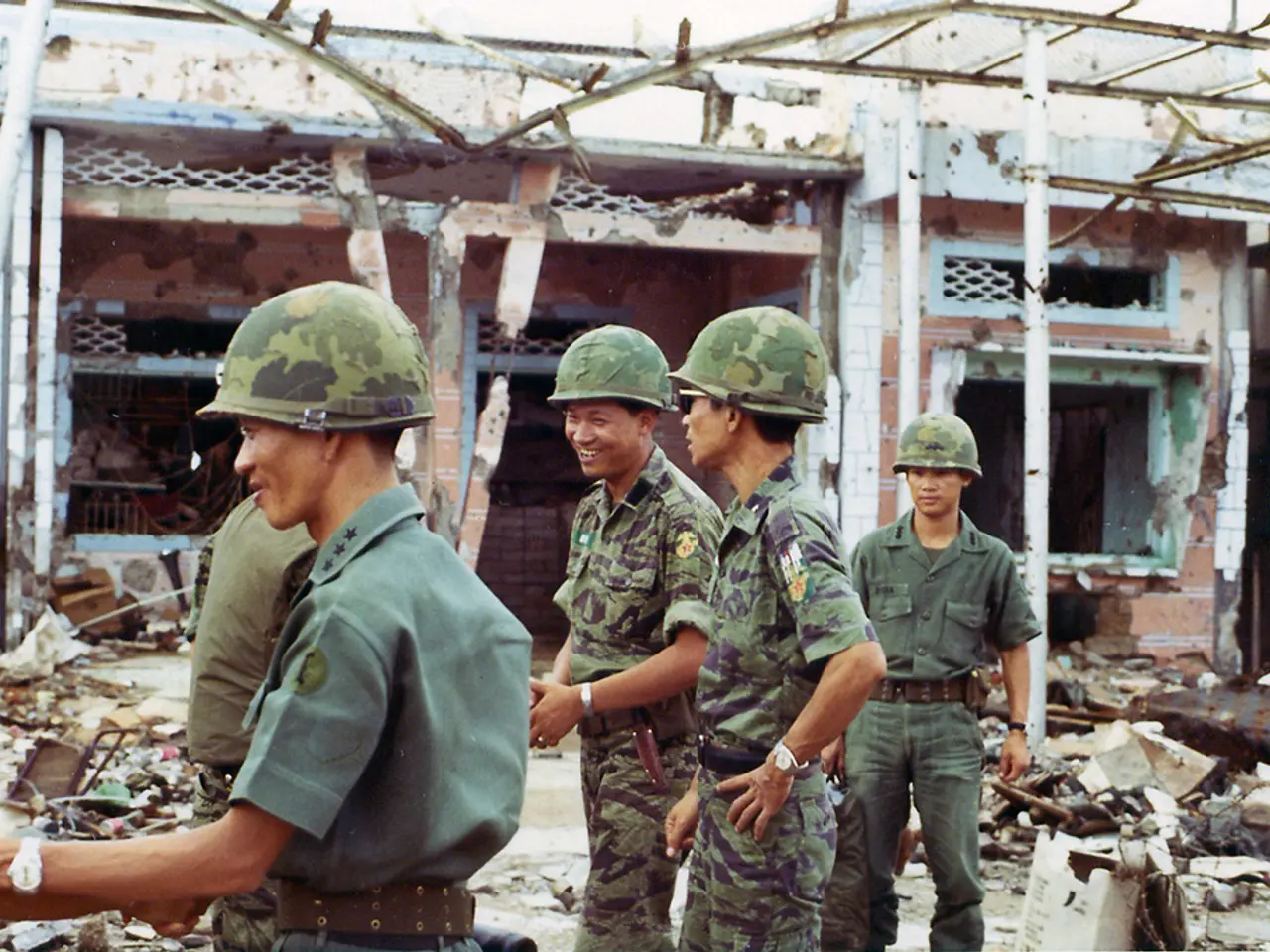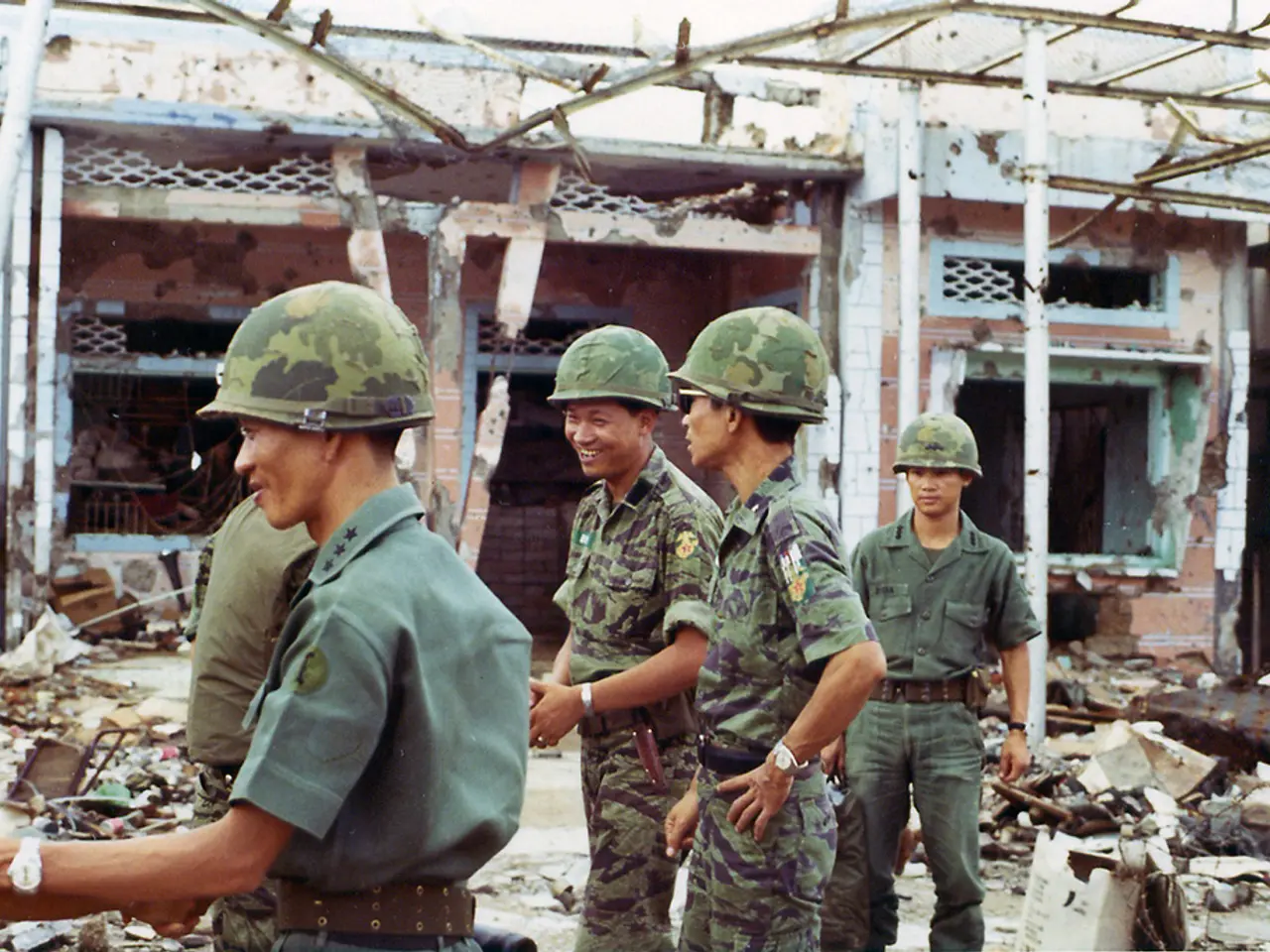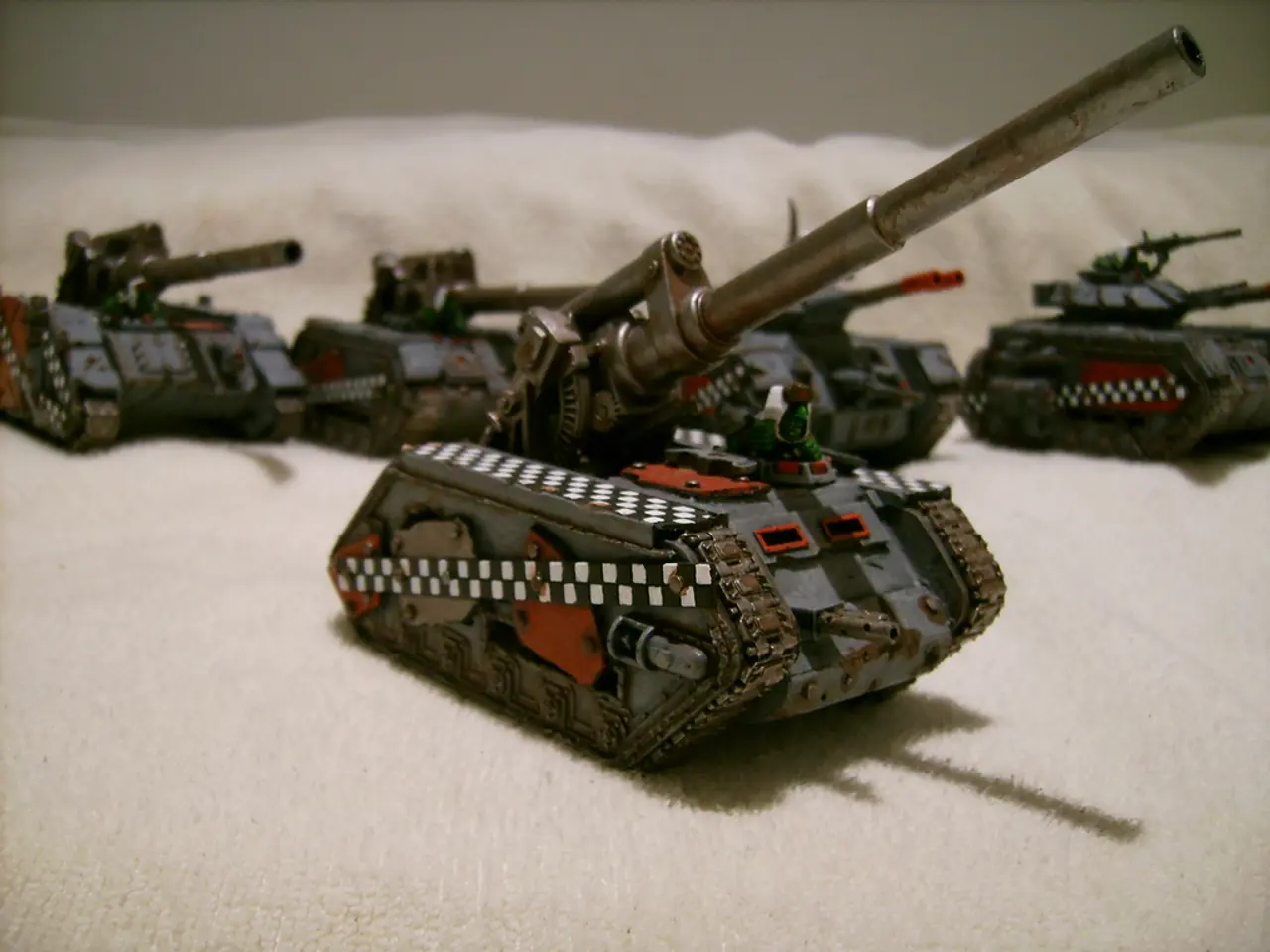Internal Struggle, Collective Strife: The Incomplete Settlement of Afghanistan's Conflict
A Tale from the Desolation: My Experience During the U.S. Exodus from Afghanistan
Lemme tell ya, seeing a man plummet from an airliner wasn't what I expected to witness on my latest tour of duty in Afghanistan. By the third body hitting the ground, I couldn't deny the horrific reality unfolding. I'd soon learn that these harrowing spectacles were emblems of the chaotic U.S. withdrawal from the war-torn country.
Hold up, lemme take it back a notch. Like many other Yanks, I'd been caught up in the madness at Hamid Karzai International Airport, having spent the night in anticipation as thousands of Afghan civilians stormed the airfield, yearning for a chance to flee Taliban rule. But my story with Afghanistan goes way back, my buddy.
You see, I've racked up more combat deployments than fingers on two hands, servin' under Uncle Sam since before the Afghanistan surge in President Obama's first term. My odd deployment schedule—brief, swift visits to different battlefields—gave me a unique perspective, one that often clashed with the experiences of my fellow warriors. Afghanistan wasn't just a far-off land on a fast-movin' train for me—it was a complex, multifaceted battleground that meant more to me than any other.
That fateful day during the U.S. pullout, I was consumed by the crisis, with no time to ruminate on momentos from the past. But later, I couldn't resist delving into Afghanistan's history, culture, and our tumultuous connection to it, in search of a peace of mind. Like a detective piecin' together fragments of a crime scene, I was compelled to make sense of my own role in this long, bloody conflict.
The evacuation was the climax of my military career, no doubt about it. As I watched footage of the carnage from my Stateside quarters, I couldn't help but recall moments from the past. There was the Afghan soldier who took his last breath while I watched, or the nameless faces I shared the battlefield with. Man, war is cruel, ain't it?
But there was one encounter that stuck with me more than any other—an Afghan man reached out to me, desperate to save his family. He was no stranger to high-powered political connections, yet he turned to a foreigner like me for help. I felt helpless, as I usually did after witnessing death and tragedy. But ya know what? That scene wasn't so different from another memory of mine—the brutal murder of my Afghan comrade so many years ago.
Now, I ain't no war theorist or politician, but I know a little bit about our disjointed approach to the war in Afghanistan. The conflict spanned decades, leaving deep-rooted scars on both the land and its people. The U.S. never could quite grasp the heart and soul of Afghanistan, and the end result was a devastating mess. The final moments of the war might have been a carefully planned military operation, but it was the grunts, the enlisted personnel, who bore the brunt of the emotions.
With the war officially over, I craved answers. Who were we, really? What had we become in our pursuit of victory? And most importantly, how do I make sense of it all? Some folks might say it's time to move on, but I know better. Some wounds run deep, and healing takes time.
Soldiers like me have a story to tell, a tale that's part of the greater narrative of the war in Afghanistan. The military, the nation—they all need to hear us out, to truly comprehend the war's impact and the moral struggles that came with it. That's why it's crucial to create spaces for dialogue, to ensure that we can't forget about the past and will learn from our mistakes.
Afghanistan was a complicated, desperate place, and the war we fought there was no exception. The struggle continues, even now, as we try to figure out how to mend the rifts left behind by the conflict. But one thing's for certain: we can't forget.
MWSI (that's Military Writers and Security Issues, for those playing at home) published this piece, written by an anonymous Master Sergeant from the U.S. Army who'd served in Afghanistan. They figured it best to keep the author's identity confidential, given their work in the special operations community.
I ain't gonna pretend this was a simple, straightforward story. War never is. But I hope it helps you understand a little more about the conflicts we fight and the people who risk everything to protect our freedom. Peace out, readers.
- The Master Sergeant, anonymously writing for Military Writers and Security Issues, shares his harrowing experiences from the U.S. withdrawal from Afghanistan, describing it as a chaotic incident that left deep, unforgettable impressions.
- The military officer, a veteran of multiple deployments, grappled with the horrors of war and its impact on civil-military relations, recounting stories of personal tragedies, like the Afghan soldier's death and the brutal murder of his comrade, as part of a broader conflict strategy.
- The author highlights the complexity and multifaceted nature of the war in Afghanistan, emphasizing the importance of understanding their role, the political implications, and the necessity for honest conversations about war and its consequences in accordance with military leadership and general news coverage.
- Discussing the tumultuous connection between the U.S. and Afghanistan, the Master Sergeant ponders over the nation's history, culture, and their shared struggle, hoping to find solace and a better understanding of the war's purpose.
- As part of the special operations community, the author remains steadfast in his mission to share his experiences, advocating for improved civil-military relations, effective counterterrorism strategies, and open dialogue about the moral and emotional struggles faced by those who serve in war-and-conflicts.
